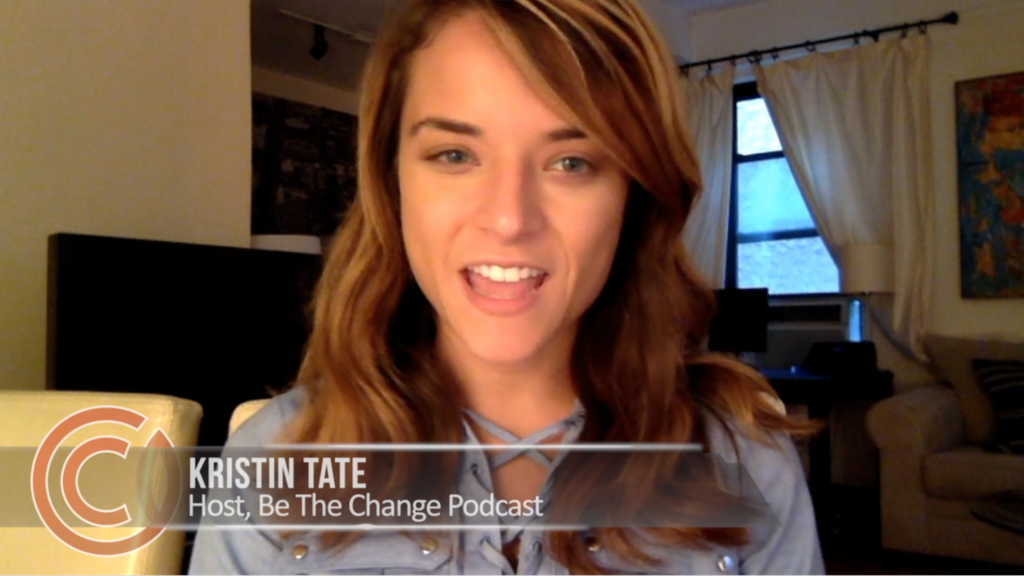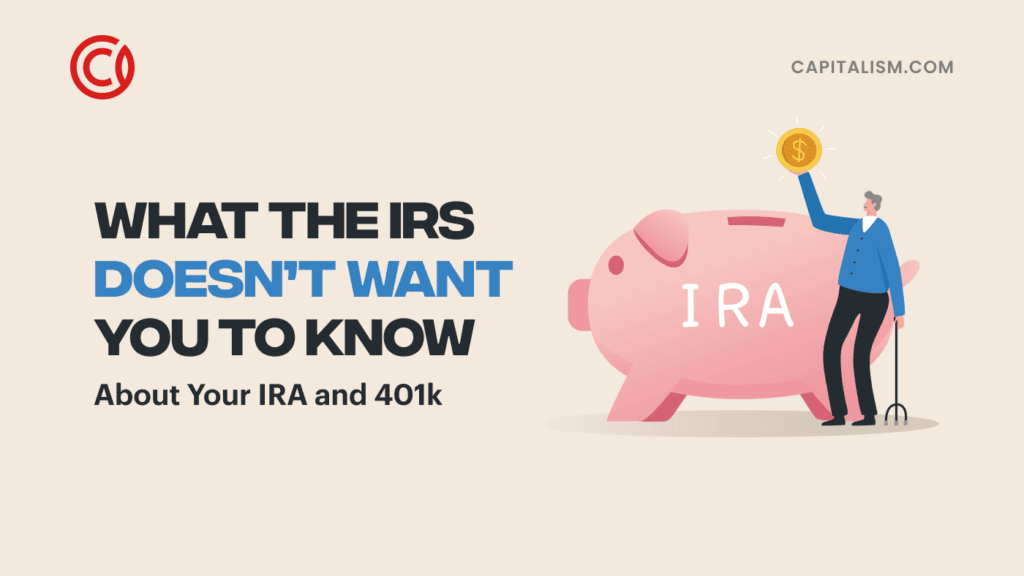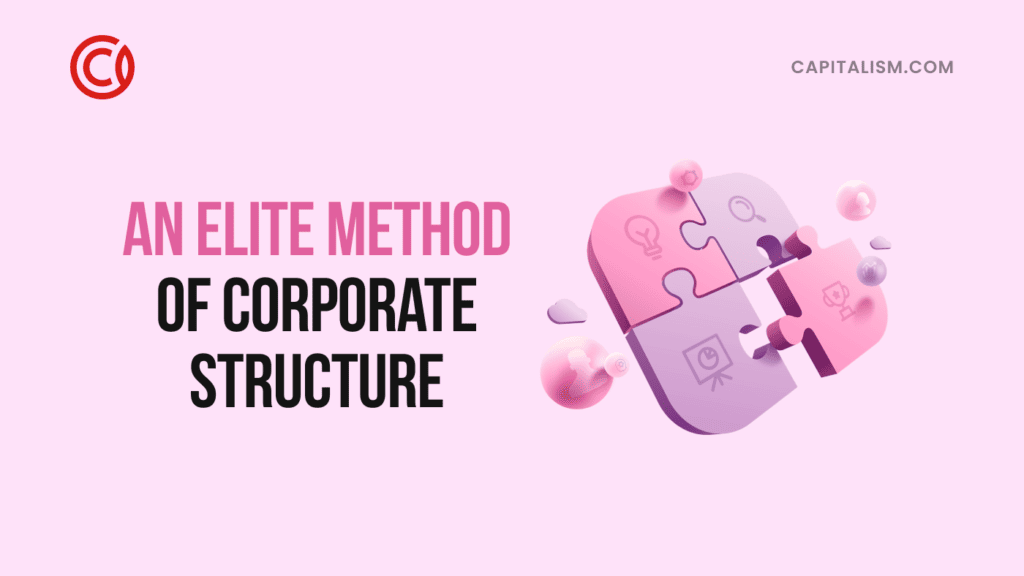Let's take a look at welfare programs, the food stamps program in particular.
While it was originally created with the good intention of helping families through hard times, the welfare system has become completely unsustainable.
Entitlement spending has been the number one budget item from our federal government with a whooping $74 billion spent on food stamps last year alone. That's 20 percent of U.S. households relying on food stamps!
In case you think that's a lot of tax dollars and a lot of people, imagine this: Not only are there no plans to decrease welfare spending, but the USDA is asking for more money to expand this program.
The worst part of it all is that this program actually discourages recipients from working.
Since eligibility to receive food stamps requires you to make below a certain income or to be unemployed, the second you get a job you lose eligibility to receive benefits. So what's the point of getting a higher paying job if it means forfeiting your benefits?
It's important to note however, that this program is extremely important for those families who genuinely need a temporary safety net.
The problem lies within the disservice we're doing to those families in need, when we allow massive amounts of abuse within the program and we discourage able-bodied people from working.
So what's the solution here, you ask?
A better means of screening welfare applicants would be a good place to start. If you don't have kids and you're able-bodied to work, there should be a requirement that you are actively seeking a job. If you're not willing to do that, then you deserve to have your benefits revoked.
It worked for Maine when governor Paul LePage instituted a similar policy, resulting in a massive decline of food stamp use, and it will work for the rest of the country.
So next time someone says we need to increase the food stamp program out of compassion for others, remind them that it's not compassionate to make able-bodied people dependent on government and it sure as hell is not compassionate to make people comfortable living in poverty.
Related:
• VIDEO: Would Free College Actually Help Students and Improve Education?
• VIDEO: Why Minimum Wage Hurts Employers and Employees
• PODCAST: What is Crony Capitalism and Why It Must Die, with Nick Sorrentino
• VIDEO: Government's Plan for Affordable Education Is a Failure











